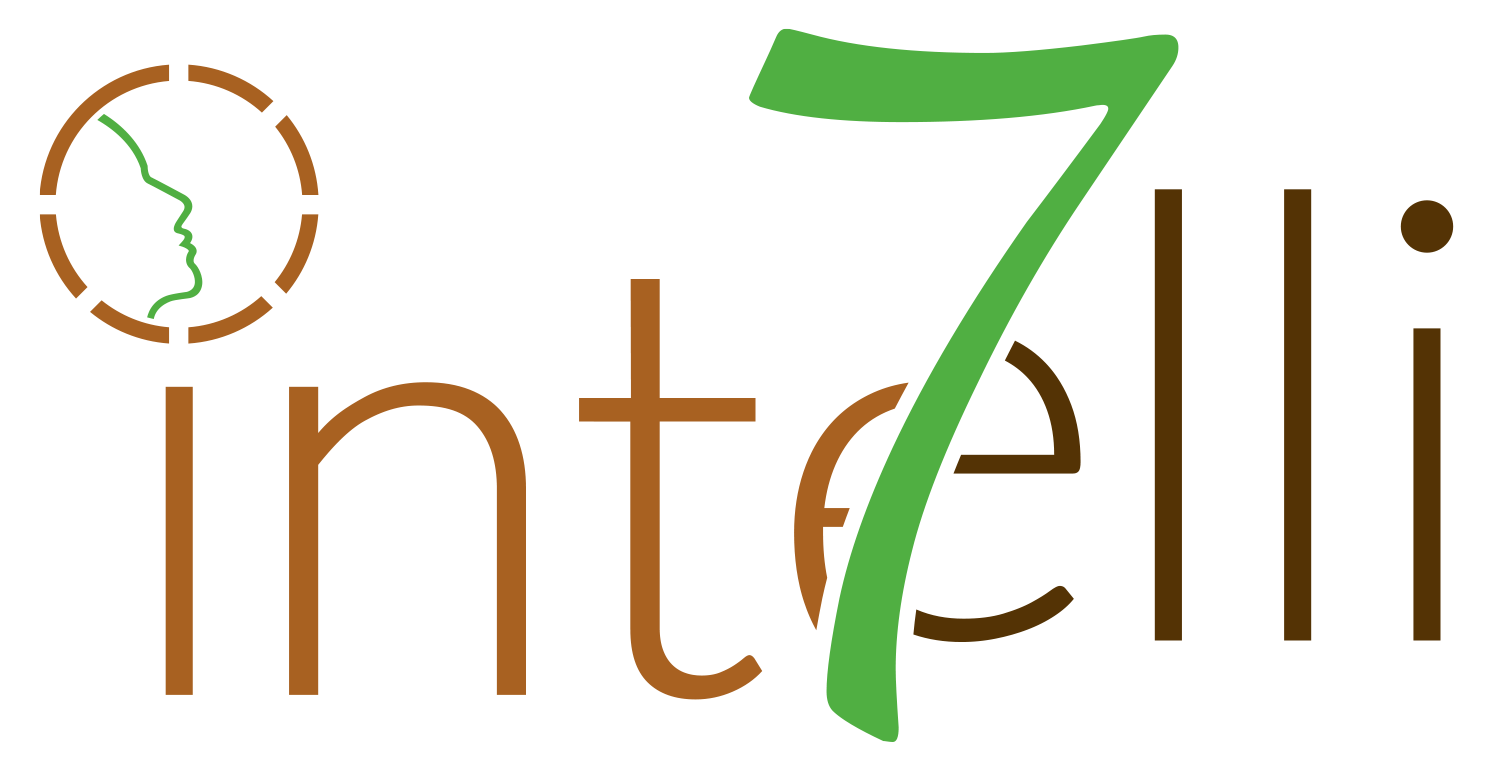

Virginie Menard - TOTAL
PARIS - France
Group Recruitment Manager
As Head of Recruitment, I have been using Intelli7 since 2018 as part of our recruitment process but also as part of mobility.
Bref, a high-performance decision-making tool!
The tool allows me a varied and effective field of application: softskills-based recruitment/mobility, which enables a reliable and fine-tuned analysis of strengths and areas for improvement (which we don't always detect in interviews), profile comparisons between N+1 and N-1 to check a possible collaboration, but also a job fit that enables us to examine the veracity of a profile in relation to a job description.
Group Recruitment Manager
As Head of Recruitment, I have been using Intelli7 since 2018 as part of our recruitment process but also as part of mobility.
Bref, a high-performance decision-making tool!
And it's a win-win situation for everyone: internal clients are delighted to be involved from the beginning to the end of the selection process, and candidates and employees receive a personalized report and an oral debriefing.
 Thanks to this tool, every year we have more and more internal requests in addition to our recruitments. This is proof that our HR services have developed well, with an ever more qualitative approach.
Thanks to this tool, every year we have more and more internal requests in addition to our recruitments. This is proof that our HR services have developed well, with an ever more qualitative approach.
















